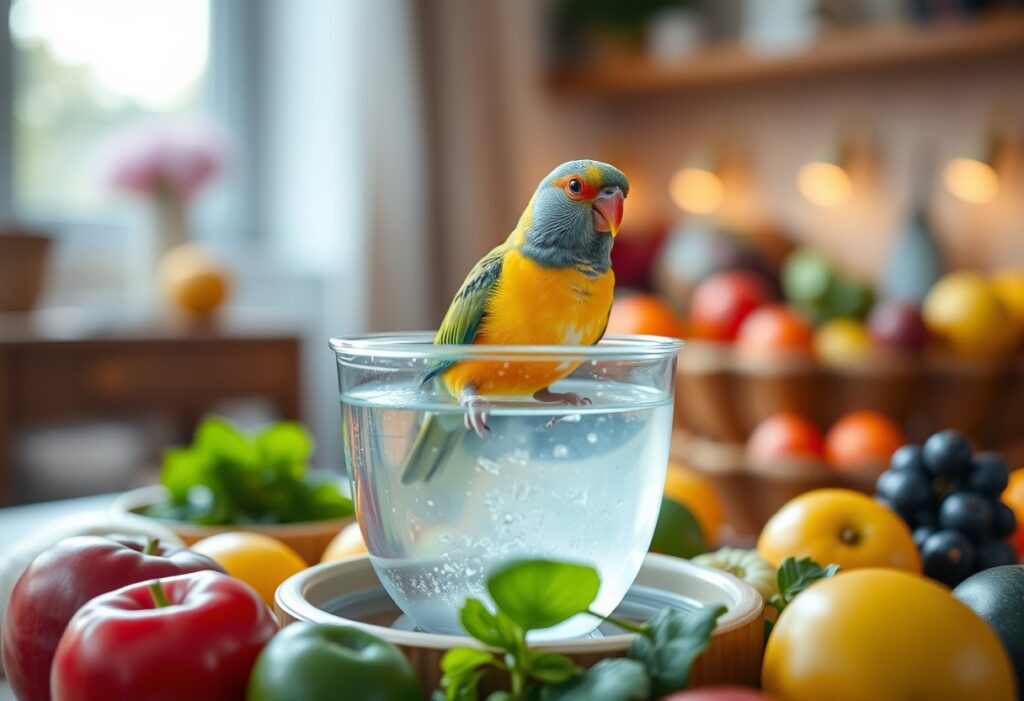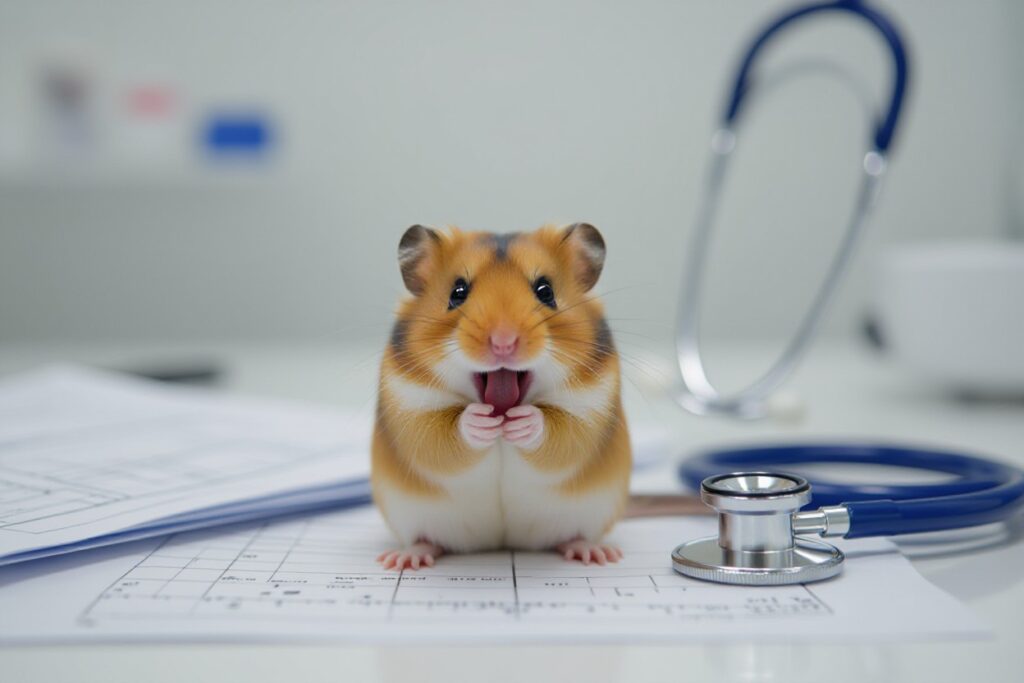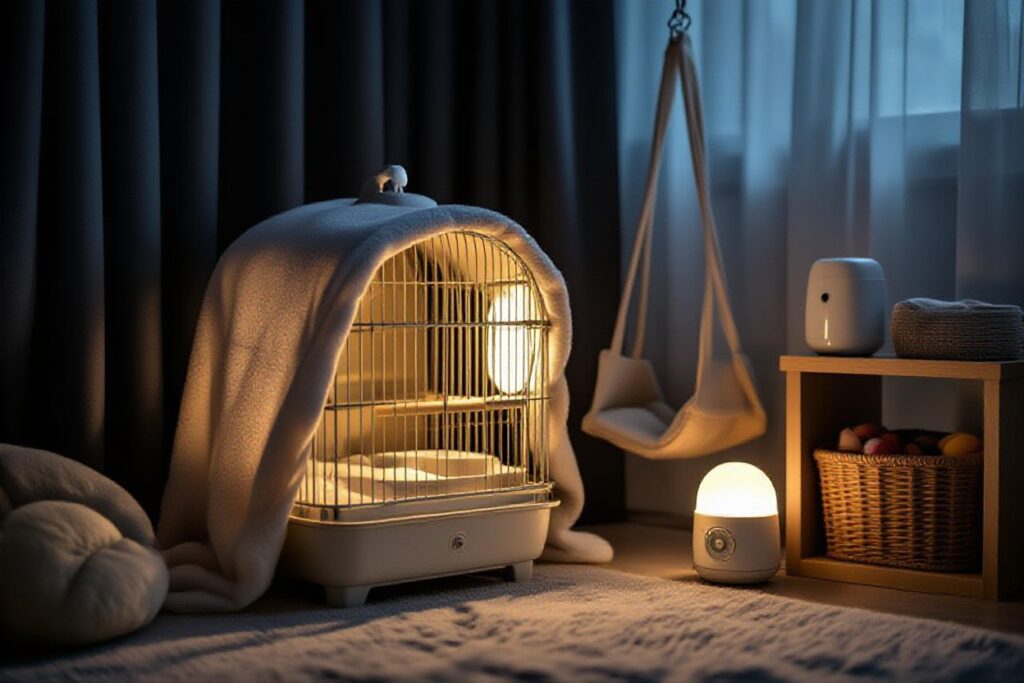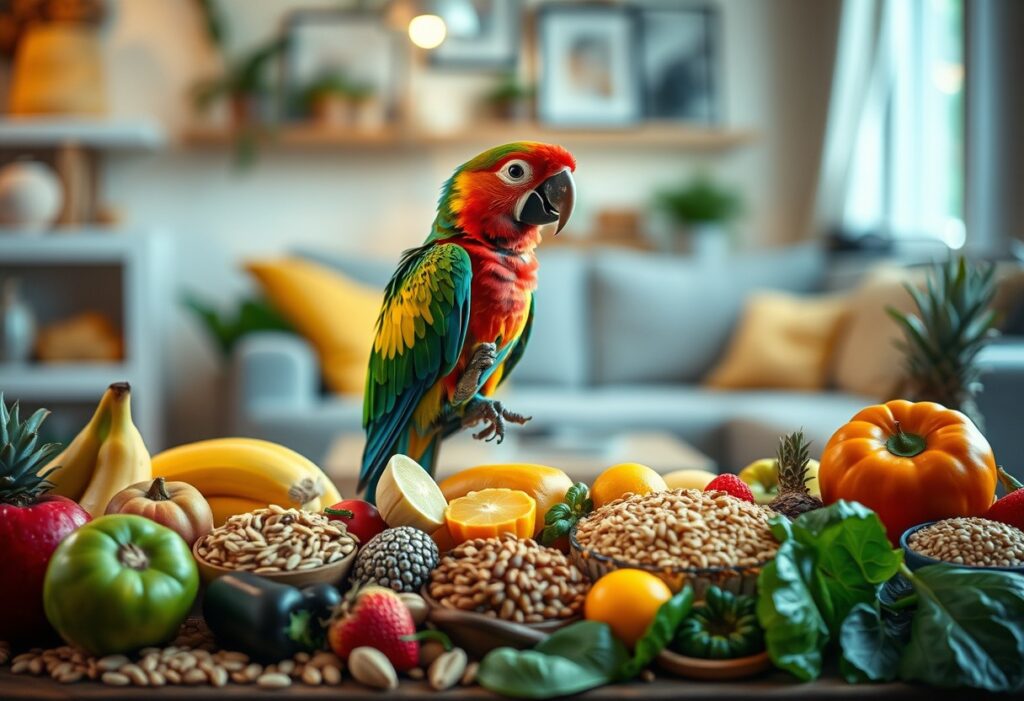There’s a crucial aspect of avian care that you might be overlooking: hydration. Ensuring your feathered friends have access to clean, fresh water is vital for their overall health and well-being. Dehydration can lead to serious issues, including kidney problems, digestive issues, and even death in severe cases. By understanding the importance of hydration and how it impacts your birds, you can take proactive steps to keep them happy and healthy. Let’s look into the imperative role that hydration plays in avian health.
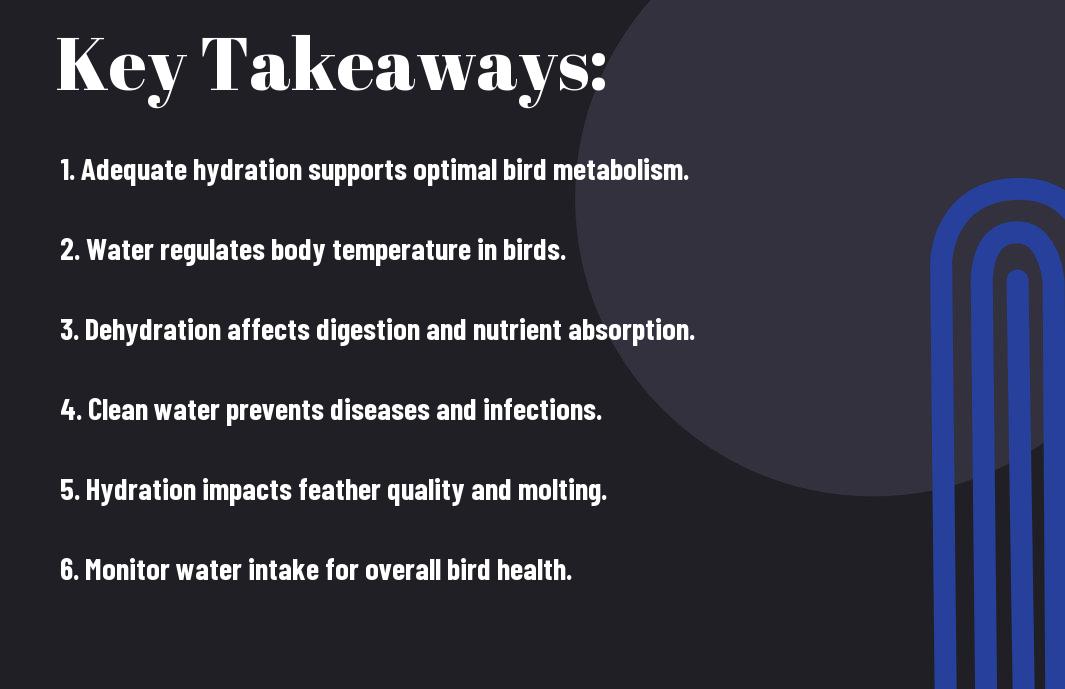
Importance of Hydration in Birds
To understand the significance of hydration in birds, it’s necessary to recognize that water is a fundamental component of their overall health. Just like in humans and other animals, water plays a vital role in various physiological processes, and a lack of adequate hydration can lead to serious health issues. By ensuring your birds have constant access to fresh water, you can support their well-being, enhance their activity levels, and promote longevity in their lives.
Physiological Functions of Water
Functions of water in avian bodies are numerous and critical for maintaining optimal health. Water aids in digestion, nutrient absorption, and waste excretion. It serves as a medium for biochemical reactions and helps in regulating temperature, allowing birds to maintain homeostasis even in fluctuating environmental conditions. Moreover, since birds have a high metabolic rate, they require consistently replenished water to support their energy needs and overall bodily functions.
Additionally, hydration plays a key role in maintaining healthy feathers and skin. Well-hydrated birds have softer and more flexible feathers, which are necessary for proper insulation and flight. When birds are not getting enough water, they may exhibit signs of dehydration such as lethargy, poor feather condition, and even more severe health consequences. Therefore, ensuring that water is readily available can greatly influence your bird’s vitality and longevity.
Water Sources in Avian Diet
Avian diets can be diverse, and birds obtain water through various sources. Many bird species derive moisture not only from drinking water but also from the foods they consume. Fruits, vegetables, and insects often contain high water content, providing vital hydration alongside their nutritional benefits. Furthermore, seed-based diets also contribute some moisture, although not as significantly as fresh foods.
For instance, birds like parrots and finches thrive on a diet that incorporates fresh fruits and vegetables, which can significantly boost their water intake. Species such as hummingbirds and warblers are known to consume nectar, which also supplies both nutrition and hydration. It’s crucial for you to offer a balanced diet that includes these hydrating foods, as well as maintaining a clean water source, to ensure your avian friends stay healthy and hydrated.
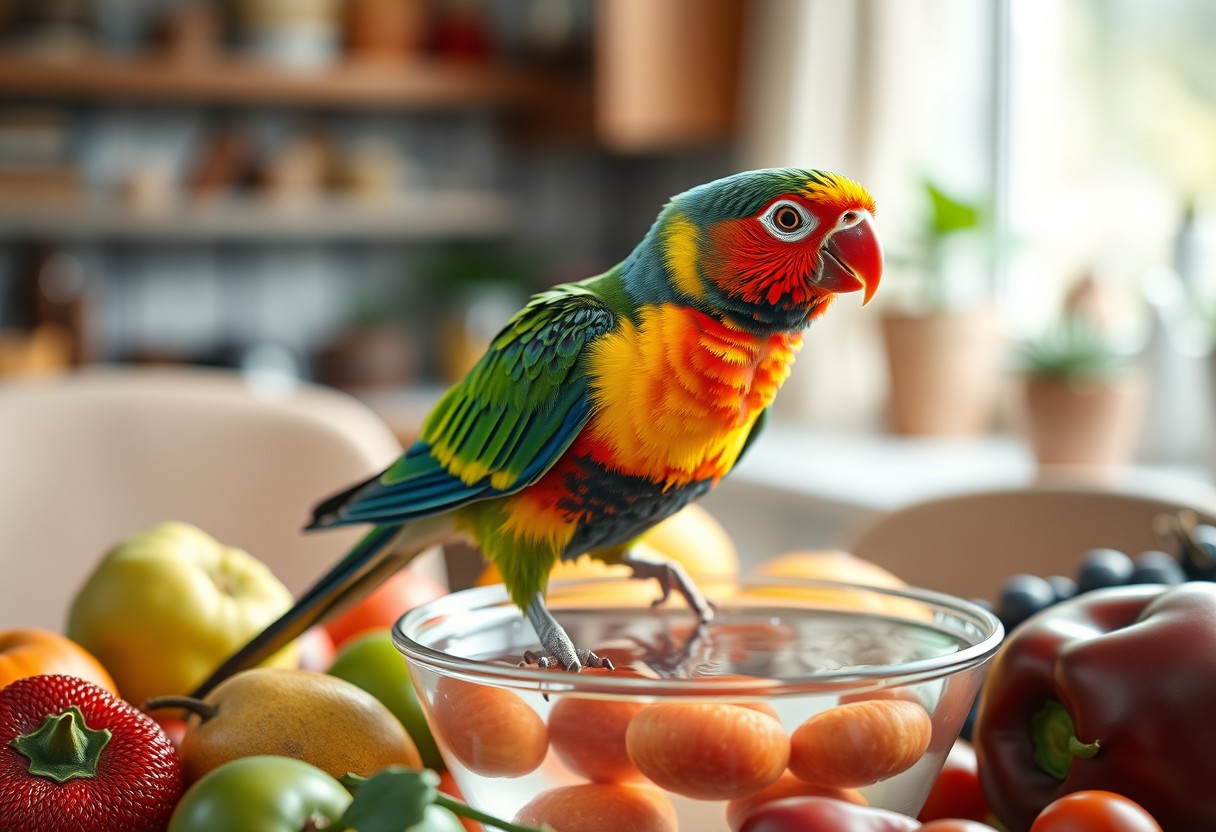
Effects of Dehydration
Impact on Metabolism
Dehydration can severely affect your bird’s metabolism, which is imperative for converting food into energy. When birds are not adequately hydrated, their digestive processes slow down, leading to less efficient energy production. This disruption can ultimately compromise their overall health, making it more challenging for them to maintain their activity levels, body temperature, and immune function. You may notice your bird becoming lethargic or displaying a low appetite, which are direct consequences of metabolic disruptions due to dehydration.
Moreover, the imbalance caused by dehydration can lead to increased stress on your bird’s bodily systems. Nutrient absorption becomes less effective, which can cause deficiencies in vital vitamins and minerals. When your bird is unable to obtain the nutrients it needs, it may experience long-term health issues, including compromised growth, weakened bones, or even organ failure. This highlights the critical nature of hydration in maintaining proper metabolic functions in your feathered friend.
Signs and Symptoms of Dehydration
The signs and symptoms of dehydration can be subtle at first but may worsen quickly if not addressed. Look out for indications such as increased thirst, dry mouth, or changes in your bird’s droppings, which may appear more concentrated and darker than usual. Additionally, you might see your bird puffing up its feathers or appearing more lethargic than normal. These signs often go unnoticed until dehydration has reached a concerning level.
This dehydration is not to be taken lightly, as it can affect various organs and systems within your bird’s body. You should also monitor for any changes in your bird’s behavior, as a dehydrated bird may seek cooling spots or isolate itself from you and its environment. Recognizing these signs early is vital, as addressing dehydration promptly can greatly improve your bird’s chances of recovery and restore its vitality.
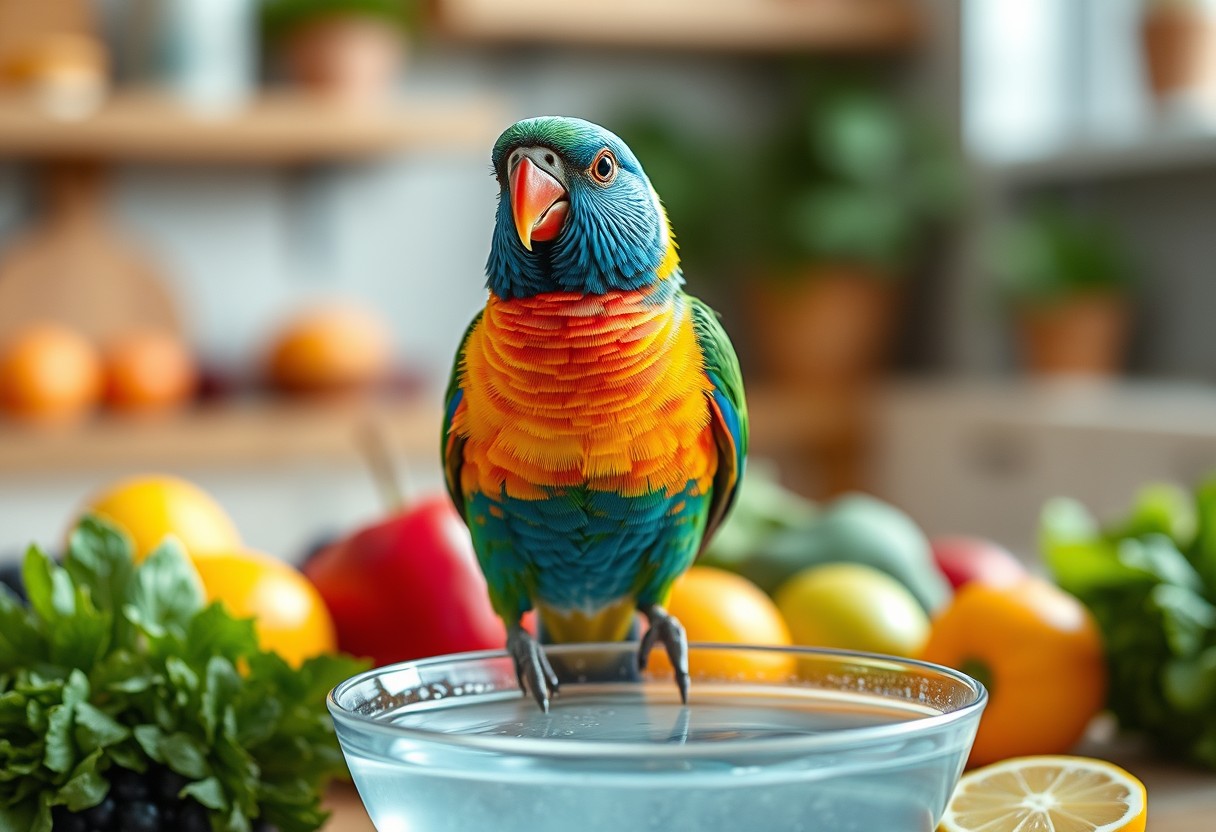
Hydration Strategies for Bird Care
After understanding the vital role hydration plays in your bird’s health, it’s imperative to implement effective strategies to ensure they maintain proper fluid levels. Proper hydration is not just about providing water but incorporating various methods that align with your bird’s natural behaviors and dietary needs. Let’s explore some key strategies that can help you keep your feathered friends healthy and hydrated.
Providing Clean Water
An imperative aspect of bird care is ensuring that you provide clean and fresh water daily. It’s recommended to change the water in your bird’s drinking container at least once a day, or more often in warmer climates. Stagnant water can become a breeding ground for bacteria and algae, which could lead to a range of health issues for your bird. Always use a clean bowl and wash it thoroughly to eliminate any contaminants before refilling it with fresh water.
Additionally, consider the temperature of the water you provide. Birds may prefer slightly warm water, especially in colder months, so ensure that the water is at room temperature. If your bird enjoys bathing, provide them with a shallow water dish regularly. Bathing not only helps with hydration through their skin, but it also allows your bird to engage in a behavior that is imperative for their well-being.
Incorporating Water-Rich Foods
The diet you provide can significantly impact your bird’s hydration levels. Incorporating water-rich foods into your bird’s meal plan is a great strategy to ensure they receive adequate fluids. Fruits and vegetables such as cucumbers, oranges, and watermelon are not only nutritious but also contain high water content, making them excellent additions to your bird’s diet.
Foods like leafy greens and berries are great options for enhancing hydration due to their moisture content. While treating your bird with these fruits, be mindful of portion sizes and ensure that they are safe for your specific species. Include these water-rich foods alongside your bird’s usual diet to not only promote hydration but also introduce a variety of flavors and textures that can stimulate their appetite and overall health.
Summing Up
Taking this into account, understanding the vital role of hydration in bird health is vital for any avian enthusiast or pet owner. Proper hydration not only supports vital bodily functions such as digestion and circulation, but it also plays a critical role in maintaining your bird’s immune system. By ensuring that your feathered friend has access to clean water and is adequately hydrated, you can prevent a host of health issues, promoting a longer and more vibrant life for your aviary companion.
Moreover, it is important to recognize the signs of dehydration and to monitor your bird’s drinking habits closely. Each species may have unique hydration needs, making it crucial for you to tailor their water supply accordingly. By committing to a thorough understanding of your bird’s hydration requirements and consistently providing them with fresh water, you are taking significant steps towards safeguarding their overall health and well-being.
FAQ
Q: Why is hydration important for bird health?
A: Hydration is crucial for bird health as water plays a vital role in various physiological processes. Birds, like all animals, require water for digestion, nutrient absorption, temperature regulation, and waste elimination. Dehydration can lead to severe health issues, including kidney damage, reduced immune function, and even death. Ensuring that birds have access to clean and fresh water at all times is imperative for their overall health and well-being.
Q: How can I tell if my bird is dehydrated?
A: Signs of dehydration in birds can include decreased activity levels, a lack of appetite, sunken eyes, dry mouth and nasal passages, and a drooping or fluffed appearance. Additionally, you can perform a simple skin test by gently pinching the skin on the bird’s neck or back; if the skin does not spring back quickly, it may indicate dehydration. Regular monitoring of water intake and ensuring that your bird has access to drinking water are key in preventing dehydration.
Q: What are the best ways to ensure my bird stays hydrated?
A: To ensure your bird remains hydrated, provide clean, fresh water daily in a container that is easy for them to access. Change the water at least once a day to prevent bacterial growth and contamination. You can also offer water-rich fruits and vegetables, such as cucumbers, watermelon, and leafy greens, which can supplement their hydration. Additionally, consider hidden sources that may reduce evaporation, like water bowls with a wide base, or using a water bottle designed for birds, to keep the water available for longer periods.
